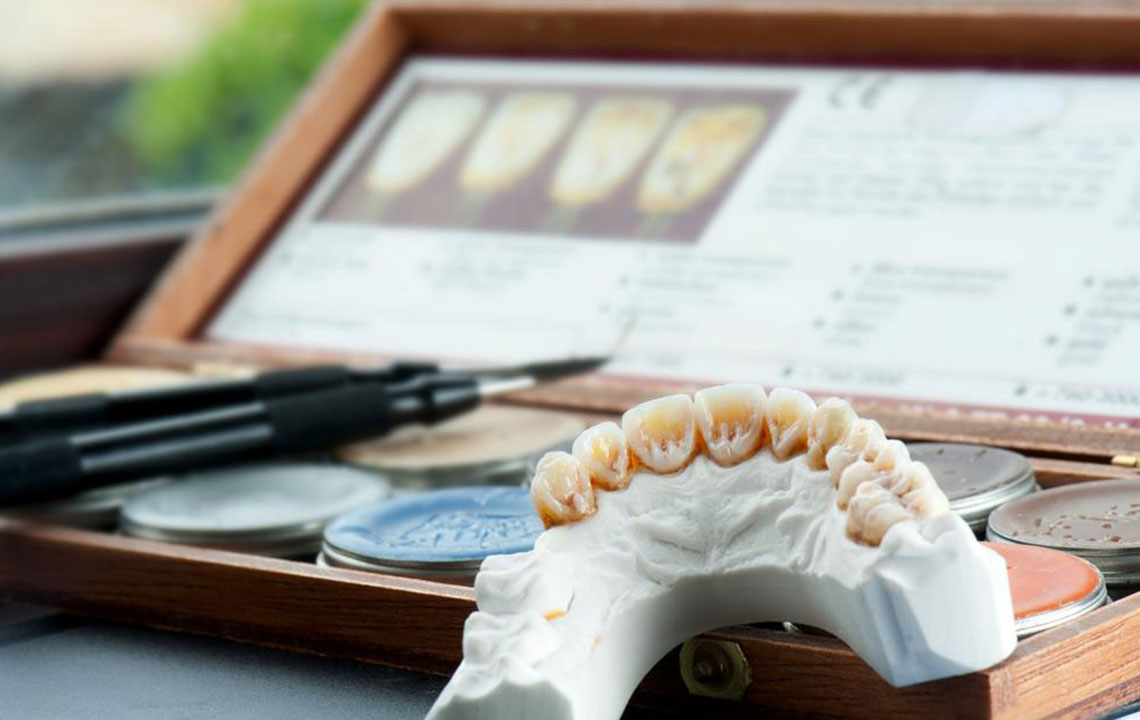Comprehensive Guide to Dental Implants: Key FAQs Explained
Discover the essentials of dental implants, including their benefits, success rates, potential risks, and how to choose an experienced surgeon. This comprehensive guide helps you understand why dental implants are a reliable solution for missing teeth, restoring confidence, function, and oral health effectively.

Dental advancements have significantly improved over time, yet millions still face tooth loss caused by decay, injury, or gum disease. Traditionally, dentures and bridges were the only solutions, but today, dental implants offer a more effective alternative. Curious about what dental implants involve, their advantages, and success rates? This guide provides essential insights into dental implants, helping you make an informed decision before proceeding with treatment.
What are dental implants?
Dental implants are artificial roots made of titanium that serve as a sturdy base for attaching crowns or dentures. These implants mimic natural teeth in appearance, function, and feel.
Are dental implants suitable for replacing missing teeth?
Loss of teeth can result from gum disease, decay, genetics, or trauma. Replacing missing teeth is crucial to maintain oral health. Dental implants provide a durable, natural-looking solution that restores function and prevents further oral issues.
Remaining gaps pose risks like:
Bone deterioration: Missing teeth accelerate bone loss in the jaw; implants stimulate jaw support, preserving bone density.
Tooth shifting: Adjacent teeth may drift into empty spaces, disrupting bite alignment and leading to crowding or bite problems.
Bite irregularities: Missing teeth affect how your upper and lower teeth come together, potentially causing discomfort and muscle pain.
Chewing difficulties: Gaps hinder proper mastication, affecting digestion and overall health.
Implants are surgically positioned into the jawbone to mimic natural roots. They support crowns or dentures, restoring function and appearance efficiently.
Advantages of choosing dental implants
Natural look and feel: Implants blend seamlessly with existing teeth, feeling like real teeth.
Clear speech: Unlike loose dentures, implants do not slip, ensuring clear pronunciation.
Enhanced comfort: Implants become part of your mouth, avoiding discomfort common with removable dentures.
Better eating experience: They enable you to chew normally, eating all types of food without pain.
Restored confidence: Replacing missing teeth helps regain your smile and self-esteem.
Preserves oral health: Unlike bridges, implants do not require altering neighboring teeth, maintaining overall dental integrity.
Durability: With proper care, implants can last a lifetime.
Convenience: Implants eliminate the need for removal and adhesives required by dentures.
Success percentage of dental implants
Dental implant success rates are approximately 98%, heavily influenced by placement accuracy and post-treatment care. Factors like gum health, bone support, and lifestyle impact outcomes.
Key factors affecting success include:
Gum health: Healthy gums are essential; active gum disease can compromise implant stability.
Smoking: Smoking reduces blood flow, decreasing healing ability; quitting improves success chances.
Bone density: Adequate jawbone is vital for implant stability; conditions like osteoporosis may require bone grafts.
Oral hygiene: Maintaining good hygiene is crucial; poor oral care impairs healing.
Medical health: Conditions like diabetes may slow healing, affecting success. Medication interactions should be discussed with your dentist.
Surgeon experience: Skilled practitioners increase the likelihood of successful implant placement and reduce complications.
Choosing the right surgeon
Opt for an experienced dental professional with numerous successful procedures. Questions to consider include:
How many dental implant surgeries have you performed?
What is your success rate?
What is your experience level?
Potential risks and complications
While generally safe, some issues may arise post-surgery:
Pain or swelling, manageable with medication.
Infection at the surgical site.
Implant instability or loosening.
Inadequate bone support requiring additional procedures.
Long-term complications can include nerve damage, implant rejection, sinus issues, or implant failure due to injury. Regular follow-up and proper care are essential to mitigate risks.
Note: This article provides general information; consult your dental specialist for personalized advice. The content is for informational purposes and not a substitute for professional dental care.










